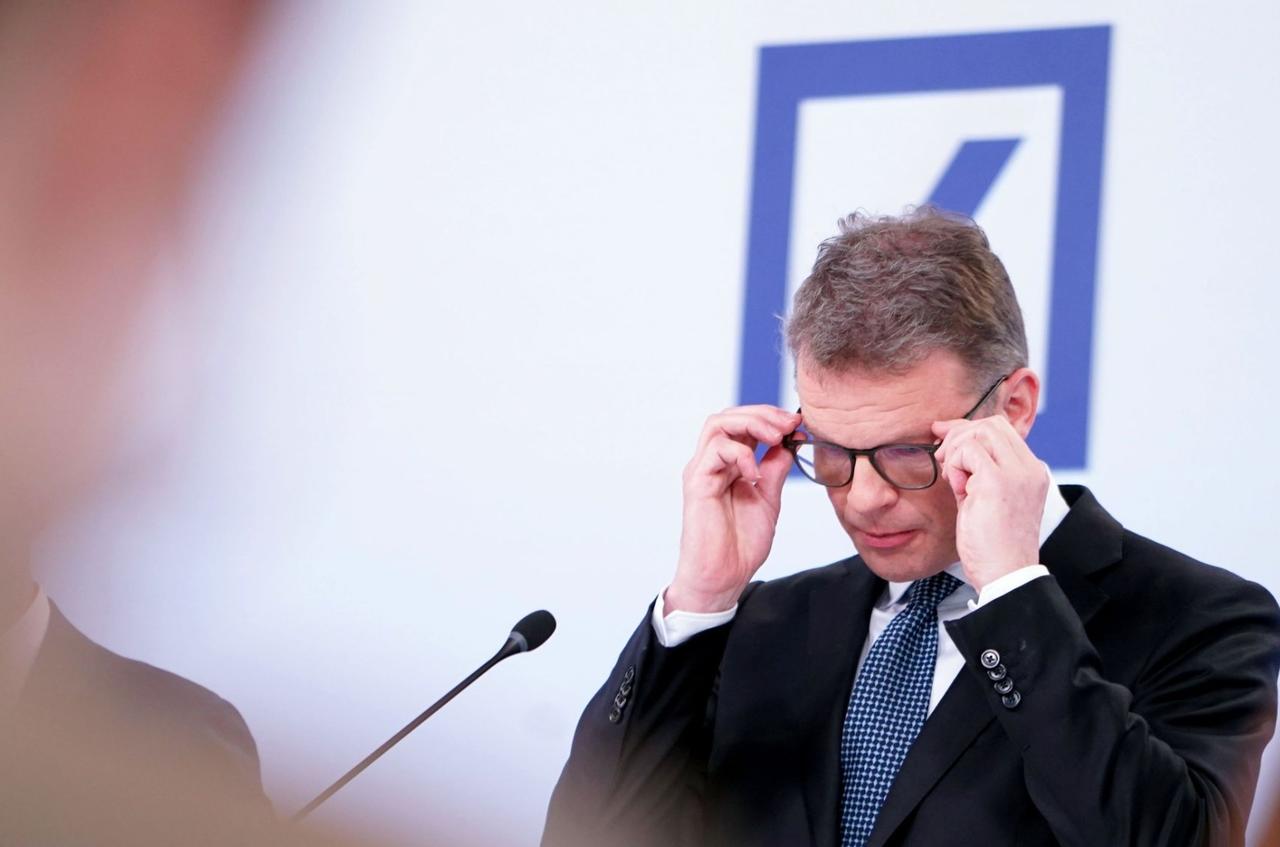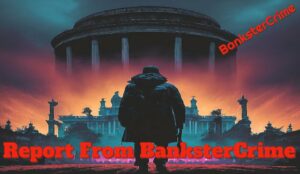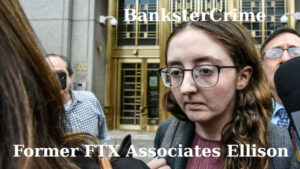Since launching its last major international expansion push in the late 1990s, Deutsche Bank has become knonw – particularly over the last ten years – for manipulating markets (most recently in the precious metals “spoofing” scandal in the US) and aiding countless oligarchs and criminals in their money laundering endeavors, among other transgressions. The bank has paid more than $20 billion in fines to various regulators around the world over the last 10 years, and as Wirecard blew up, it was revealed that the German fintech graud nearly swallowed up Deutsche in an attempt to disguise the massive hole in Wirecard’s balance sheet.
The bank is also in the middle of the biggest bloodletting of a major financial institution since Lehman, with the bank expected to cut more than 20,000 jobs from its head count.

But on Sunday, Bloomberg published a story that caught our attention because it promised something so far in the post- (and pre-) financial crisis world: the notion that a megabank CEO might find themselves in silver bracelets if the bank gets caught laundering money for drug cartels, or ripping off pension funds, etc…
President Trump’s SEC, not exactly reknowned for taking corporate malfeasance to task, has imposed a new condition on Deutsche Bank CEO Christian Sewing. The CEO must now, on an annual basis, personally certify that the bank is abiding by an agreement with the federal government stemming from alleged violations of swaps reporting rules.
According to Bloomberg, DB sought a waiver from the DoJ at the end of last month to settle the swaps violations. But when approached, the SEC surprised Deutsche by adding an unexpected stipulation: that the bank’s CEO and top attorney personally vouch that the bank is complying with its commitments to US prosecutors.
The SEC in almost every case grants firms waivers that exempt them from additional punishments, but Deutsche Bank didn’t immediately realize it needed one. That kicked-off a flurry of behind-the-scenes negotiations between Deutsche Bank and the SEC, with the lender ultimately securing its crucial waiver on Sept. 24.
What makes the Deutsche Bank situation stand out is the harsh stipulation that the SEC attached: The bank’s CEO and top lawyer must personally attest to the firm’s compliance with the CFTC settlement for three years.
It’s debatable whether Sewing, who became CEO in 2018, faces much legal peril. He would likely only face consequences if he certified that Deutsche Bank was complying with the CFTC settlement and the bank wasn’t. Still, financial firms are typically loath to offer regulators concessions that put top management at risk.
In its request for an SEC waiver, Deutsche Bank said it has an established process for assessing the collateral consequences of settling enforcement actions. However, the possibility of the additional SEC penalty wasn’t considered, the firm said in its application. Deutsche Bank added that the alleged CFTC violations were unintentional and completely unrelated to its mutual fund business.
Both of the SEC’s Republican commissioners and its two Democrats approved the waiver with the certification requirement, according to a tally of votes on the agency’s website. SEC Chairman Jay Clayton, a political independent, didn’t participate in the vote.
Here’s some more information.
The SEC move applies to anyone who holds the CEO position. What prompted it was a June case from the Commodity Futures Trading Commission — the main U.S. regulator of the $559 trillion global swaps market. The CFTC had penalized Deutsche Bank $9 million over a 2016 outage that prevented the firm from disclosing swaps data for five straight days.
In the months after the breakdown, Deutsche Bank agreed to the appointment of an outside monitor to ensure its compliance with swaps reporting rules due to the “breadth of the failures” involving its systems, supervision and disaster-recovery plan, the CFTC said in a June 18 statement. The regulator said the fine was substantially reduced based on Deutsche Bank’s cooperation, including its consenting to the monitor.
Deutsche Bank, which didn’t admit or deny the CFTC’s claims, said in June that it had taken “meaningful steps” to enhance its controls.
As often happens under U.S. financial rules, Deutsche Bank’s CFTC settlement triggered automatic, knock-on penalties at the SEC. One of the additional sanctions was severe: DWS Group, the asset management firm that is majority-owned by Deutsche Bank, was at risk of losing its ability to manage mutual funds. A DWS spokesman said the situation never affected its business.
Amusingly, Bloomberg speculated that this type of enforcement might grow more common with Biden in office, as the party’s progressive wing struggles to push him further to the left.
The constraint, imposed last week by the U.S. Securities and Exchange Commission, poses a fresh risk for bank executives whose firms break the rules — a longstanding goal of progressive lawmakers and policy makers. Such demands from regulators could become more common should Democrat Joe Biden win the White House and install new enforcers at federal agencies that police Wall Street.
Of course, Bloomberg said nothing about President Trump stepping up to hold the bank’s accountable.
Though they refused to speculate on the waiver, which came from the SEC, a spokeswoman for the CFTC, another US regulator in charge of financial derivatives, said “personal accountability is critical when seeking to ensure that a registrant has the right tone at the top and a strong culture of compliance.”
Of course, while DB is being singled out here, it’s not the only megabank to treat settlements and other punitive measures as merely a cost of doing business: America’s biggest, most reputable banks are routinely fined and punished by regulators.
Receive a daily recap featuring a curated list of must-read stories.
We wonder: Will the SEC demand that JP Morgan CEO Jamie Dimon put his reputation (and, possibly, his freedom) on the line to vouch for America’s biggest megabank? And while DB has featured prominently in the Democrats’ investigations into President Trump’s business dealings (the bank has been one of the president’s biggest lenders over the past 20 years).
Source: ZeroHedge
StevieRay Hansen
Editor, BankstersCrime
God often uses men who are not of the best moral character. Pharaoh, Nebuchadnezzar, Cyrus, Herod, and Trump (amongst others), to accomplish His will in events He orchestrates during human history. We either trust the sovereignty of God or we don’t. Nothing happens apart from Him…
The best index to a person’s character is how he treats people who can’t do him any good, and how he treats people who can’t fight back…
The Birth Pains Are Growing Stronger….
One of the signs of ruling class collapse is when they can no longer enforce the rules that maintain them as a ruling class. When the Romans started making exceptions to republican governance, it was a matter of time before someone simply decided the rules no longer applied to them. Perhaps the robot historians will consider Obama our Marius or Sulla. Maybe that person is in the near future. Either way, the rule of law is over and what comes next is the rule of men.
“Don’t piss down my back and tell me it’s raining.” Outlaw Josey Wales
WE NOW LIVE IN A WORLD THAT IS PURE FABRICATION

![]()




